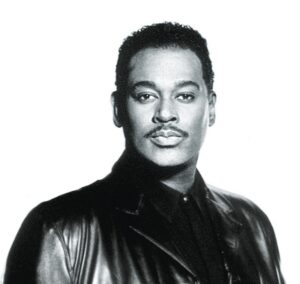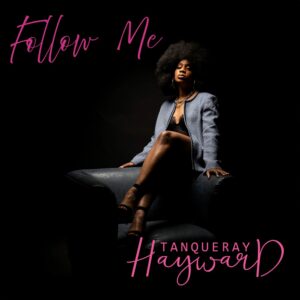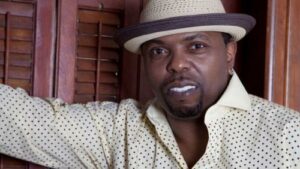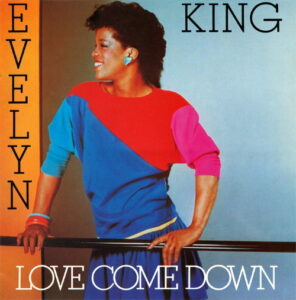What we learned from early albums by Clay Aiken, Ruben Studdard and Kelly Clarkston is the difficulty an American Idol alum can have in transitioning from belting out well known songs with bland arrangements on that show to creating a distinctive sound and meaningful, personal music. In fact, the jury's still out on all of three of those singers, with none of them showing the personality on record that they showed in their live performances (though Kelly Clarkson has certainly developed in the time between her first two albums). Fantasia, on the other hand, was clearly her own artist from the get go, and it showed on her debut album; and George Huff was actually better on record than onstage. The biggest knock on LaToya London was that, with her cool demeanor and straight-forward singing style, she showed less personality onstage than these other AI vets – but she had possibly the clearest, cleanest voice in the show's history and that went a long way in making her a show favorite. However, it was not clear how her traditional style would translate to recording.
On Love & Life, London has paired up with an A-List of urban adult contemporary producers, including Narada Michael Walden (Whitney Houston, Angela Bofill, Rex Rideout (Maysa) and Barry Eastman (Phil Perry, Anita Baker), as well as more modern R&B producers Bradley Spalter (O-Town, K-Ci and Jojo) and Reed Vertelney (Luther Vandross, Heather Headley). And while I was the most leery of the latter producers' contributions, it turns out that the more upbeat, modern cuts are the album's highlights and provide London the best opportunity to move beyond Bland Ballad World.
Spalter's tracks, including the single "Appreciate" and the jumpy "Non A Whatcha Do" are relatively solid compositions and, more importantly, are far and away the most fun spots on the album. They, along with Reed Vertelney's "Practice Makes Perfect" are certainly more interesting than the contributions of Eastmond and Walden, some of which work ("Waiting for You," "How I Love the Rain," "State of My Heart"), some which don't (a version "Learn to Breathe" that pales in comparison with LaShelle Griffin's), but all of which appear to be formula tracks lifted from the Whitney Houston songbook, circa 1987.
There's nothing really wrong with Love & Life, but it fails to be the kind of breakout album that I had hoped for after admiring London's singing on AI. Her voice on the album is as clear as expected, but it is not particularly distinctive. And while her traditional singing style really needed some out-of-the-ordinary surroundings to make it shine, her producers (save Vertelney and Spalter) have largely provided her with by-the-numbers stuff. I still think that there is a great LaToya London album to be made, but it will have to be a disc that is more her and less Whitney.
By Chris Rizik










